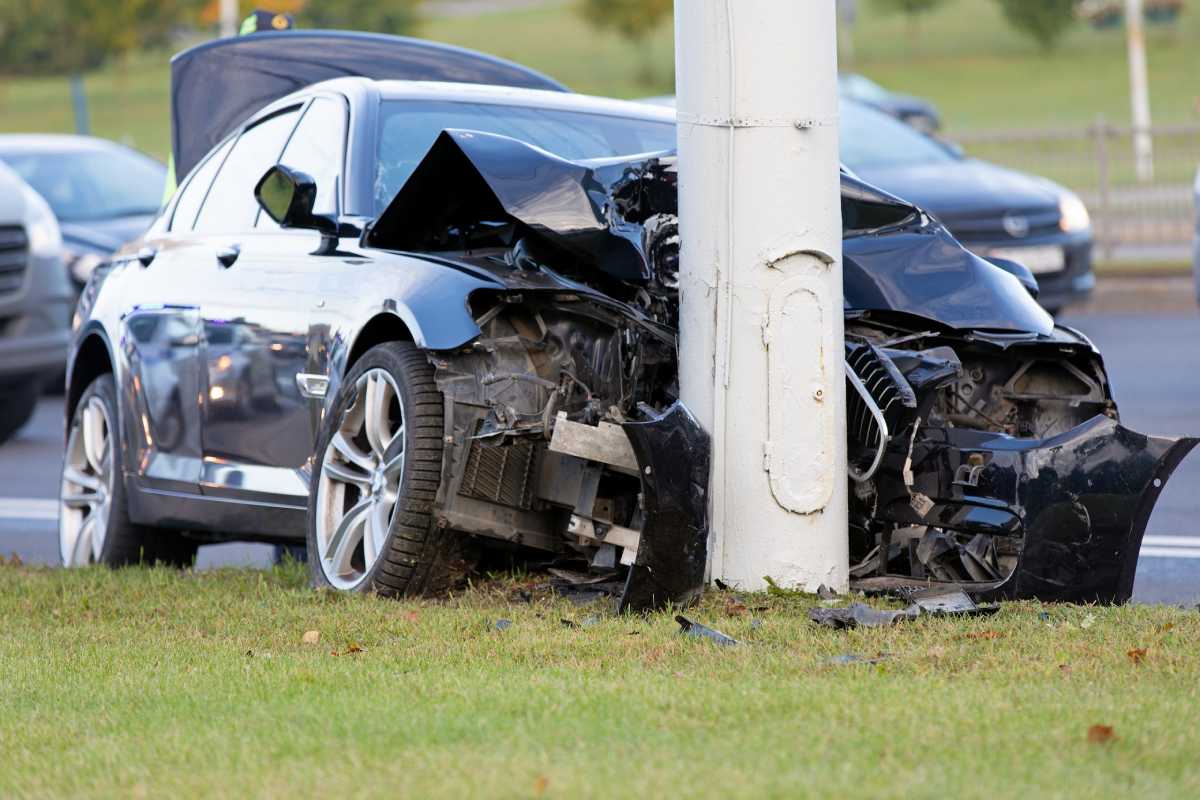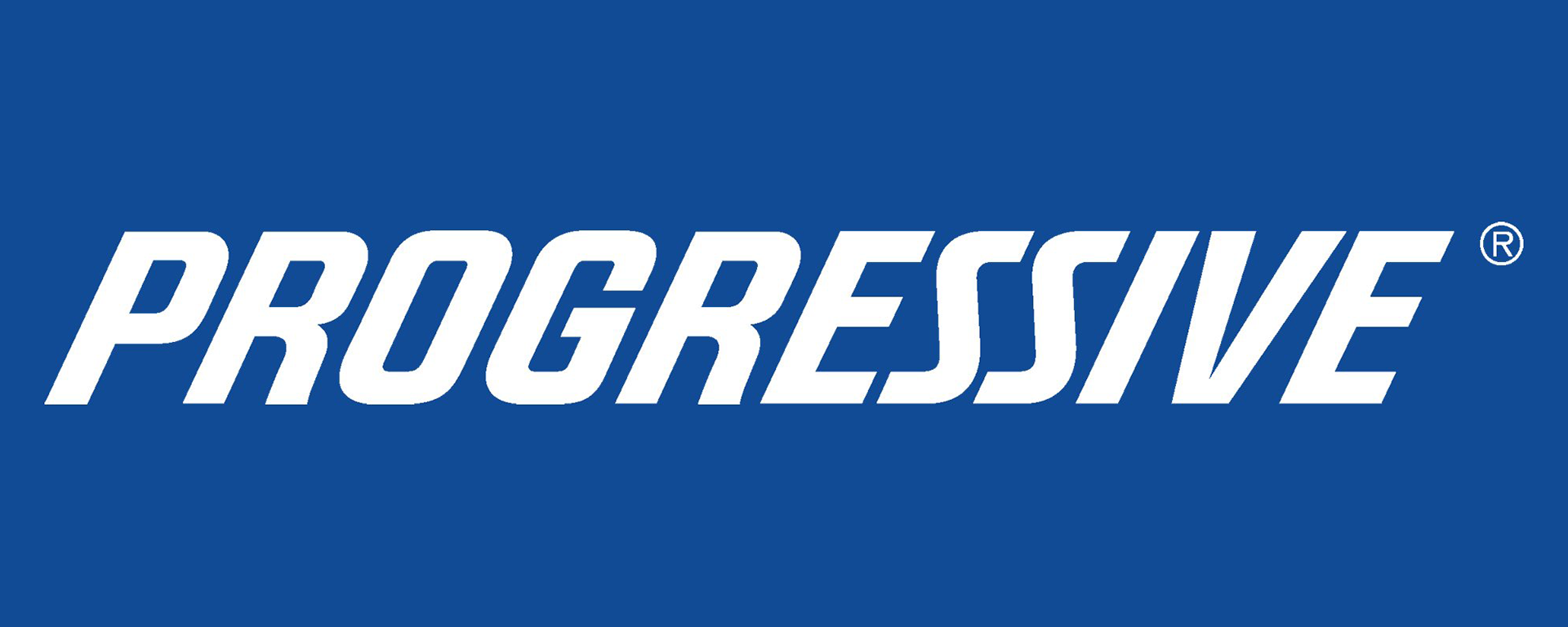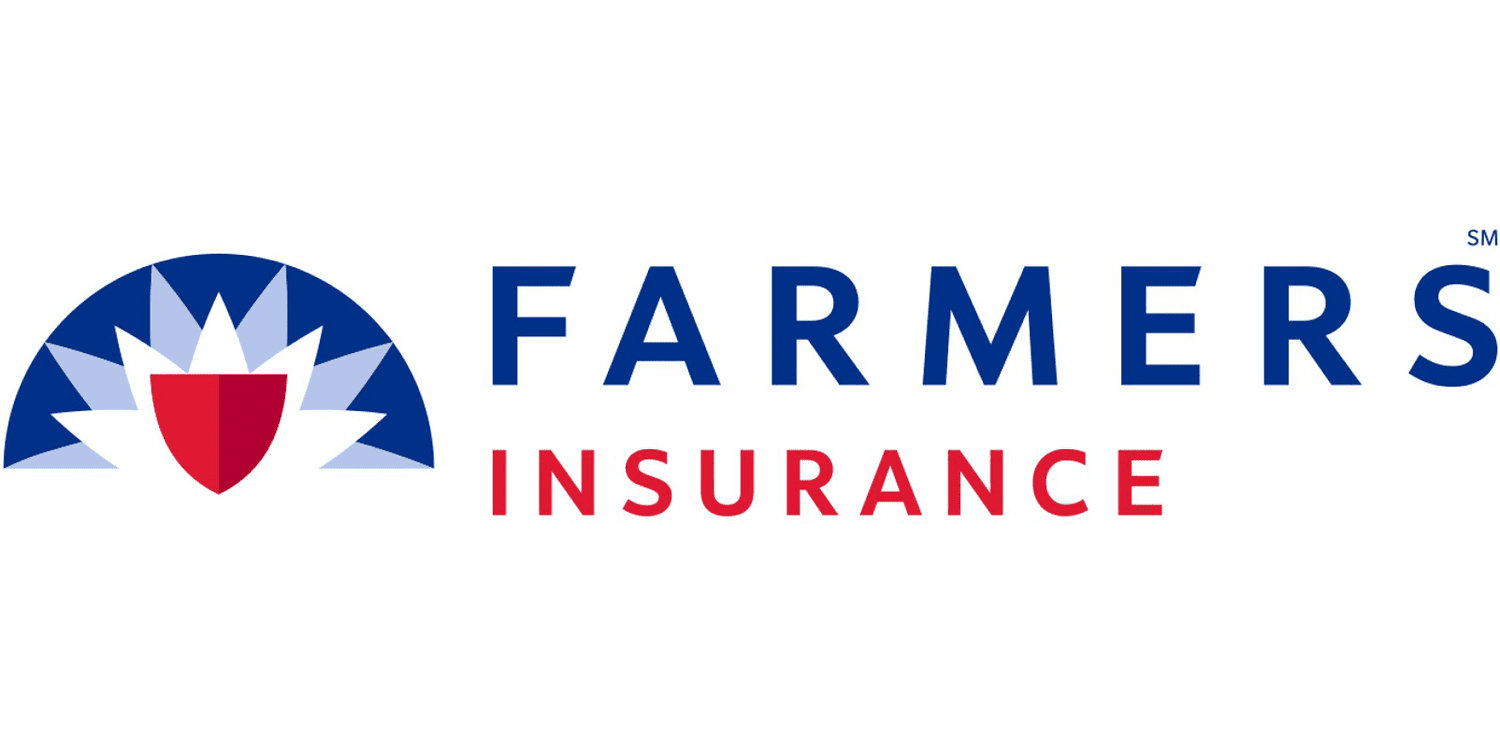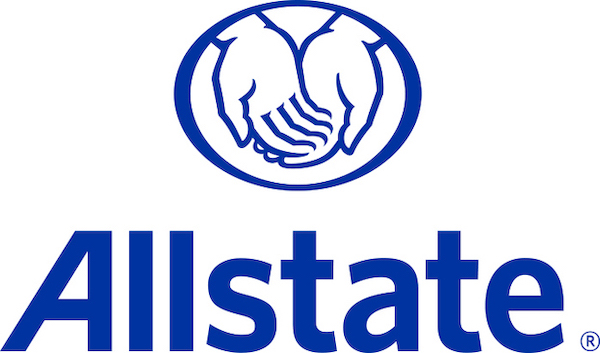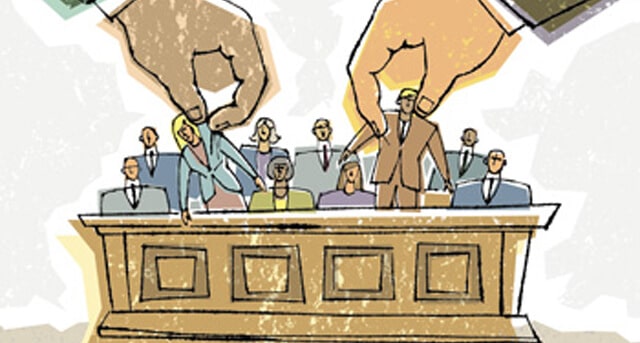
Voir Dire
Voir dire is a legal process used during jury selection in which potential jurors are questioned by attorneys and the judge to determine if they are impartial and suitable for the case. This process helps ensure that the selected jury will be fair and unbiased, which is essential for upholding a defendant’s right to a fair trial. At 770GoodLaw, we understand the importance of voir dire in shaping the outcome of a case, and we work diligently to help ensure that our clients’ cases are heard by an impartial and fair jury.
Purpose of Voir Dire
The primary purpose of voir dire is to assess the suitability of potential jurors by evaluating their background, beliefs, and any biases they may have. Voir dire allows attorneys to identify and address potential conflicts of interest or preconceived notions that could affect the juror’s ability to be impartial. By carefully selecting jurors, the court helps protect the integrity of the trial and ensures that each party has an opportunity to present their case fairly.
Key goals of voir dire include:
- Ensuring Impartiality: Voir dire allows attorneys to identify jurors who may have biases or preconceived notions that could influence their judgment.
- Evaluating Juror Competency: Attorneys use voir dire to assess whether jurors understand legal concepts and can remain objective throughout the trial.
- Uncovering Conflicts of Interest: Voir dire questions reveal whether any potential jurors have personal connections to the case, parties involved, or attorneys.
The Voir Dire Process
Voir dire typically begins after a pool of potential jurors is gathered. Attorneys from both sides, along with the judge, question the jurors to assess their suitability for the case. This process involves several key steps:
- Initial Questions by the Judge: The judge may start by asking general questions to ensure that potential jurors understand the trial process and can meet their obligations if selected.
- Attorney Questions: Attorneys for both the plaintiff and defendant question jurors individually or in groups to gain insight into their background, opinions, and potential biases.
- Challenges for Cause: If an attorney identifies a clear bias or reason a juror should not serve, they may issue a “challenge for cause,” requesting that the juror be removed from the pool. Challenges for cause are unlimited in number but require approval from the judge.
- Peremptory Challenges: Attorneys are also granted a limited number of peremptory challenges, which allow them to remove jurors without providing a specific reason. However, peremptory challenges cannot be based on discriminatory factors like race or gender.
Types of Questions Asked During Voir Dire
The questions posed during voir dire are carefully crafted to uncover any potential biases, conflicts of interest, or personal experiences that could affect a juror’s impartiality. Common areas of inquiry include:
- Personal Background: Questions about employment, family, education, and community involvement provide insight into the juror’s life and potential influences.
- Beliefs and Opinions: Attorneys often explore jurors’ views on issues relevant to the case, such as beliefs about law enforcement, insurance, or corporate responsibility, to identify any preconceived opinions.
- Past Experiences: Past experiences, particularly those involving similar legal matters, may shape a juror’s views and could impact their ability to remain objective.
- Connections to Parties Involved: Attorneys inquire about any personal relationships with the parties involved, legal professionals, or witnesses that could create a conflict of interest.
Importance of Voir Dire in Personal Injury Cases
In personal injury cases, voir dire is especially critical, as jurors’ beliefs about insurance companies, liability, and compensation can significantly influence their decisions. Attorneys use voir dire to assess each juror’s ability to approach the case objectively, addressing potential biases that may arise from previous experiences with accidents, insurance claims, or legal proceedings.
For example, voir dire can help identify jurors who may be sympathetic to large corporations or who may be skeptical of injury claims. By carefully selecting jurors, attorneys aim to ensure that the case is decided based on facts, rather than pre-existing beliefs.
How 770GoodLaw Handles Voir Dire in Personal Injury Cases
At 770GoodLaw, we recognize that voir dire is a crucial element of the trial process. Our attorneys are skilled in conducting voir dire effectively, asking insightful questions to identify jurors who will approach the case with an open mind. Our approach includes:
- Crafting Targeted Questions: We develop questions that address issues relevant to personal injury cases, allowing us to uncover biases or opinions that could impact the trial.
- Identifying Favorable and Unfavorable Jurors: Through careful analysis, we work to identify jurors who are likely to approach the case objectively, as well as those who may hold biases.
- Using Challenges Strategically: Our attorneys use both challenges for cause and peremptory challenges judiciously, ensuring that only impartial jurors are selected.
- Creating a Balanced Jury: We strive to create a balanced jury that represents diverse perspectives while remaining fair and unbiased, supporting our clients’ right to a just trial.
Importance of Legal Representation During Voir Dire
Voir dire requires skill, strategy, and a deep understanding of human behavior, as the jurors selected will ultimately influence the outcome of the case. Skilled legal representation during voir dire ensures that the jury is composed of impartial individuals who will evaluate the case based on facts. At 770GoodLaw, we provide clients with experienced, strategic representation throughout voir dire, working to secure a fair and balanced jury.
Why Choose 770GoodLaw for Your Case
Our commitment to Relentless Reliability and Sincetegrity drives us to approach voir dire with meticulous attention to detail, ensuring our clients are given the best possible chance for a fair trial. At 770GoodLaw, we provide comprehensive support throughout each stage of the trial process, including voir dire, to help clients navigate their case with confidence.

